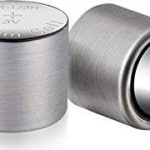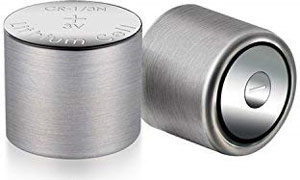Chronic renal failure, also known as kidney failure, is one of the most well-known conditions affecting more established cats. In fact one out of each five cats more than fifteen years of age experiences it. The disease is essentially characterized by a gradual decrease in the ability of kidneys to decontaminate the blood and eliminate waste items from it. The disease usually has a moderate insidious course and is usually irreversible except if a particular cause for the kidney failure is distinguished and treated (that regularly include tumors, infections and polycystic disease of the kidneys). In many cases however a cause is not recognized and the usual course of the ailment is a moderate terminal movement.
As the disease advances symptoms create in cats that include deficiency of weight, energy and appetite, despondency, altered thirst and urination, helpless coat, elevated blood weight and anemia. Diagnosis is usually reached after analysis of blood and urine along with clinical correlation. Initial treatment is then to address the liquid and electrolyte balance in cats with administration of intravenous liquids. Blood and urine tests are then periodically done to screen the course of disease.

Dietary control is of significance once the diagnosis has been reached:
The protein substance of diet should be ideally low since the majority of the waste items that accumulate in blood after kidneys quit working are breakdown results of proteins. However this regulation has to be done with care – too little protein and the cat is health may compound. Similarly phosphate substance of the eating routine has to be regulated since lowering the phosphate content appears to shield kidneys from additional damage. I would suggest a commercial eating regimen specially intended for the kidney ailment. Initially it very well might be blended in with your favorite food to enable the cat to adjust to it. Another important component in treatment is adequate water intake. renal failure in cats becomes dehydrated and there ought to always be an adequate water source available (water flavored with chicken or tuna frequently helps if the cat is not drinking). Similarly tinned or sachet food is preferable than dry food since cats generally get the majority of their water from their meals.
Other treatment measures include potassium supplementation (through tablets or powder), control of blood pressure (relatively straight forward in cats – through tablets) and remedy of anemia by iron, and in advanced cases, hormonal supplementation.


